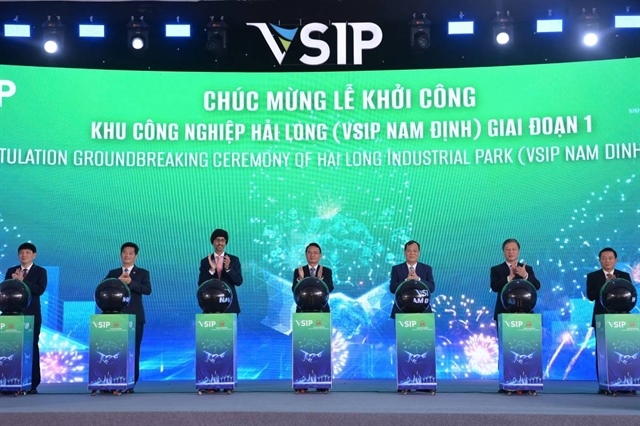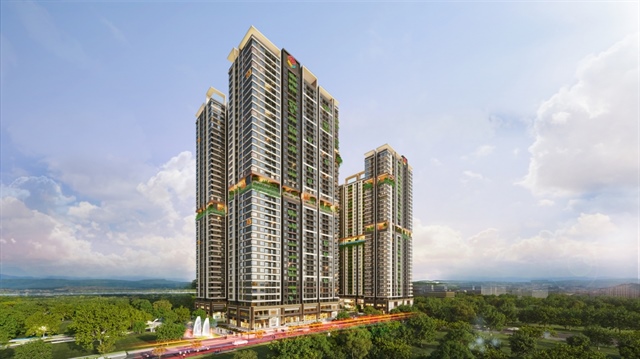Real-estate companies rush to invest in agriculture: a good sign or worrying trend?
Real-estate companies rush to invest in agriculture: a good sign or worrying trend?
Some real estate developers have decided to invest in agriculture, usually considered a risky and unprofitable business field. This is seen as a positive sign by some, but others see the trend as worrisome.

The 2013 finance report of Hoang Anh Gia Lai showed that sugar projects brought VND840 billion in turnover just after the first year of implementation. The group has a vast sugar cane growing area of up to 10,000 hectares and a sugarcane pressing plant with the capacity of 7,000 tons of sugarcane per day.
Duc Long Gia Lai, the group well known for its real estate and hydropower plant projects, has surprised the public with the announcement that agriculture production will be one of its main business fields.
Duc Long Gia Lai has set up a subsidiary, Duc Long Gia Lai Agriculture, with the chartered capital of VND360 billion, which would develop projects to grow maize, sugarcane and rubber.
Thu Duc House is reportedly boosting forestry exports to Japan, including wood shavings for paper manufacturing and cassava for alcohol making.
The Tan Tao Group, a big industrial zone developer, has also jumped into agriculture production by setting up a company making fragrant rice. Tan Tao creates new rice varieties, provides varieties and capital to farmers, and takes responsibility for product sales.
The decision by the big real estate firms to invest in agriculture projects, in the eyes of economists, who had repeatedly warned that the state investments in agriculture were too modest, is a good sign.
Agriculture production, which is thirsty for capital, can benefit from real estate firms, which are very financially powerful.
Small developers jump on bandwagon
Licogi 14, a company which lists its shares on the Hanoi Stock Exchange, has made public a resolution of its shareholders’ meeting that besides real estate development, which is a core business field, it will also invest in agriculture production as well, especially aquaculture and seafood processing projects.
The announcement of Licogi 14 has caused a big surprise to everyone. Agriculture is quite unfamiliar for Licogi 14. It would be risky to invest in the sector, especially as a small enterprise.
Sources said some other real estate developers are also considering injecting money into agriculture projects. Since the real estate market is still sluggish with very weak demand, companies think profits are to be made in agricultural production.
However, some experts call the movement to invest in agriculture as an “abnormal tendency”. Agriculture is a risky production sector which brings low profits, and therefore, will be a tough playing field for small enterprises that lack experience, money, land fund and advanced technologies, which are all needed to achieve success.
An economist said it was time to ring the alarm bell over the “agriculture rush”, warning that overproduction would lead to poor sales of farm produce and the collapse of businesses, which would then adversely affect the entire economy.
vietnamnet


























